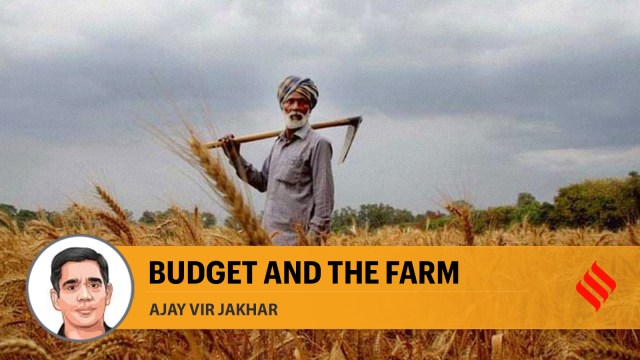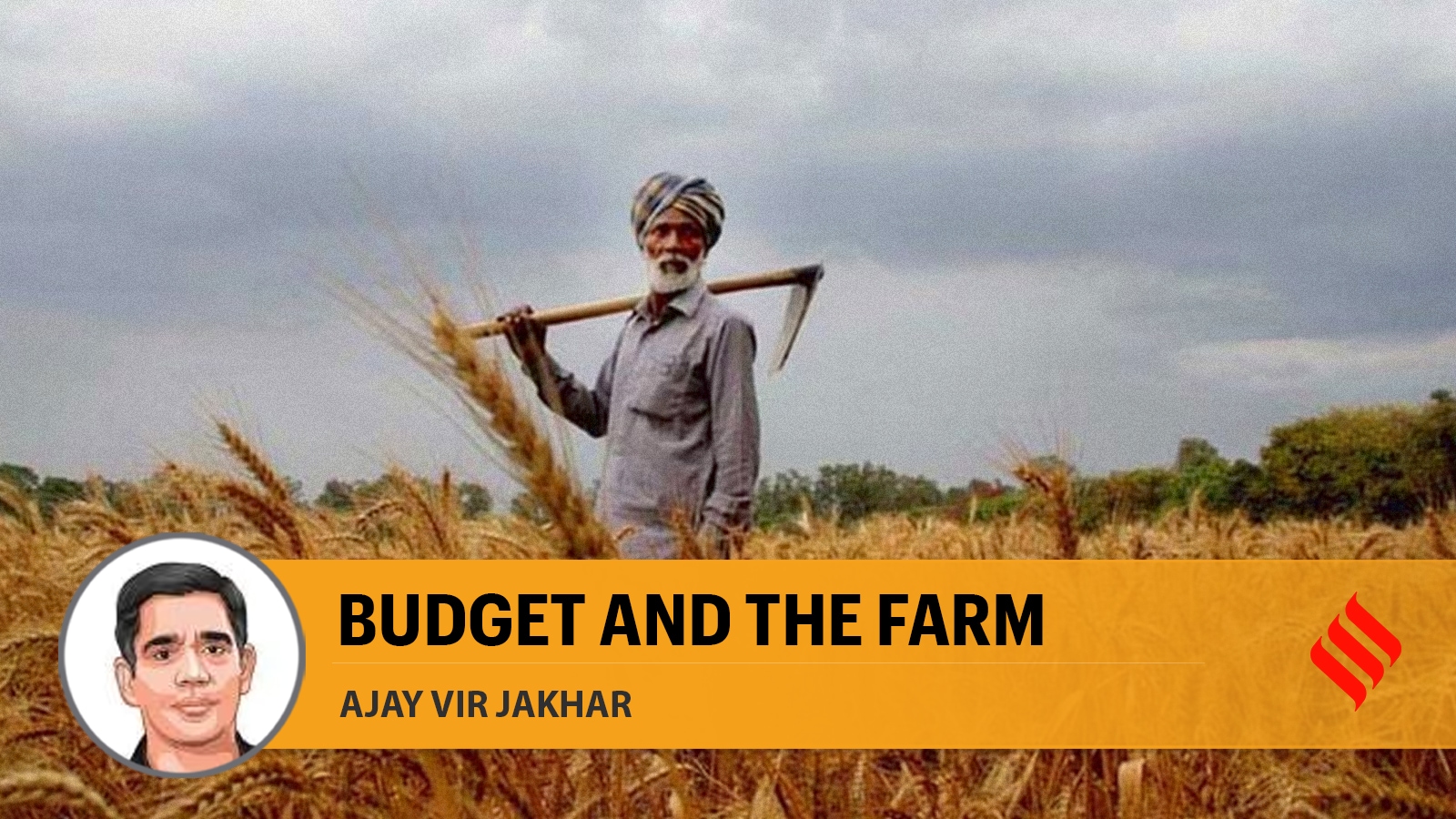

Jan 7, 2025 12:57 IST First published on: Jan 7, 2025 at 07:05 IST
It’s said that mistakes don’t kill us but persisting with them can be fatal. The government should introspect on why farming seems to be imploding. In the pre-budget discussions on agriculture with the Finance Minister, I suggested that the government order an audit of its programmes by beneficiaries. The government acknowledges the need, but given the bureaucratic obduracy, this critical audit is bound to get sidestepped.
I have pondered for years as to why the FM should be meeting farmer representatives, especially when the budget allocations are made at the specific request of the Ministry of Agriculture and Farmer Welfare. Most of the suggestions are either repeated annually or have no relevance to the budget. But I must acknowledge the FM’s remarkable patience to engage with critics for hours in these “consultations with farmers and economists” where, invariably, representatives of agro-industry find their way in.
It was heartening to learn that the Union Minister for Agriculture and Farmers Welfare met farmer representatives prior to the budget session, possibly the first Union minister for agriculture to do so. The Indian agricultural research system has consistently failed to meet expectations in terms of closing the yield gap in crop productivity. Part of the blame is on the lack of funding support and the tendency to spread scarce resources thinly over all crop types/classes such that a critical inertia for transformative change is not achieved in any crop. The legacy of ticking all boxes is not tenable; it never was.
To consider three nutritionally vital crops with the potential to double the yield and where India is excessively dependent on imports, we proposed to the FM that the government deploy Rs 1,000 crore per year on gram/chickpea in pulses and in oilseeds, soyabean (kharif) and on mustard (rabi) for eight years. That is the time to achieve a research breakthrough. India cannot continue to invest as it has been doing and expect sharp improvements in agriculture productivity. Nearly 45 per cent of Indian farmers grow only field crops (no horticulture or animal husbandry) and over a decade, have witnessed near zero or negative growth rates in value of output. They are distraught. Meanwhile, problems around marketing of perishable horticulture produce remain unresolved. Broadly, even a 5 per cent increase/decrease in production can lead to an inverse 50 per cent fall/rise in farmgate prices. Cognisant of the problem, the government had tried to literally ram through reforms to un-regulate agricultural markets. Since then, the complexities around reforming the sector, governed by the states, by enacting new laws or councils, have only increased. Equally, uniform taxation in agricultural markets across India (like GST) will pave the way for improved governance, mitigation of food inflation and price fluctuations. Most importantly, the expectation is that this will ignite entrepreneurial spirit to drive regulated competition to benefit farmers and consumers.
The market fees and other charges from horticulture produce collected by all the states vary and collectively amounted to Rs 908 crore in 2018-19. The GoI does not even have the data on revenue collection for later years. Even optimistically, if the collections doubled over five years, it would not exceed Rs 2,000 crore. Short-termism of financially constrained states would make them reluctant to forego revenue and label such a nudge as an assault on the federal structure. The Bharat Krishak Samaj proposed a smarter way forward — that the Centre, through the 16th Finance Commission, could offer to financially compensate the states for five years for the reduction in their fees and charges on horticulture produce to 0.1 per cent. A nominal fee should be charged for purely administrative reasons like collecting and mining real-time data. This is in line with the proclamation of the benefits of “One Nation, One Tax”.
The stakes for India couldn’t be higher, especially when past budget allocations regarding agriculture prove that strategic thinking on the use of land for meeting competing objectives is missing. This has left the nation unprepared for climate change or making Bharat “viksit”. So, even as I am optimistic about India, as far as its farmers are concerned, there are reasons for pessimism. As a farmer, my approach is try and fail, rather than not try at all.
The writer is chairman, Bharat Krishak Samaj
Discover the Benefits of Our Subscription!
Stay informed with access to our award-winning journalism.
Avoid misinformation with trusted, accurate reporting.
Make smarter decisions with insights that matter.
Choose your subscription package


